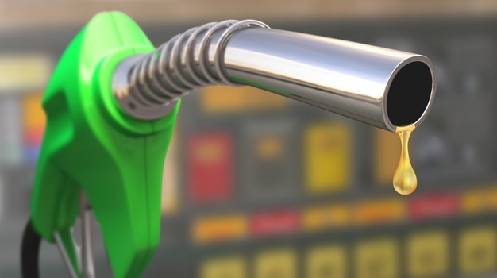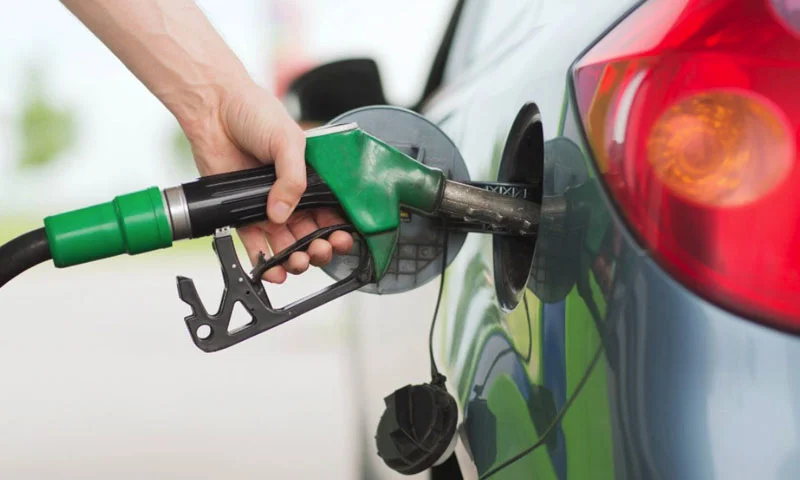What is the Price of Petrol in Pakistan
The price of Petrol in Pakistan is the significant issue that influences both the Economy and daily life.
Petrol prices frequently changes, responding to various international and domestic factors. These fluctuations affect consumers, businesses and policymakers alike. Understanding the reasons behind these prices changes and their impacts can help individuals and organizations better prepare and respond to challenges.
Factors Behind Petrol Price Changes
Petrol prices in Pakistan are affected by both international and domestic factors:
- Global Factors:
- Geopolitical Issues: Events like conflicts in oil-producing countries or problems in supply chains can cause oil prices to rise worldwide.
- Demand and Supply: Changes in global oil demand, such as during specific seasons or economic conditions, can affect prices.
- Local Factors:
- Taxes and Subsidies: The government sets taxes and may provide subsidies on petrol. Any changes to these policies directly influence petrol prices.
- Currency Exchange Rates: Since Pakistan imports oil and pays in U.S. dollars, a weaker Pakistani rupee makes oil more expensive, leading to higher petrol prices at the pump.
These factors combine to create fluctuations in petrol prices, affecting consumers and businesses across the country.
Government Effort to stabilize Prices
The Pakistani Government recognizes how vital role prices are to the daily lives of its citizens and takes steps to maintain stability. Various measures such as subsidy programs, strategic reserves, and controlled price adjustments, are employed to mitigate abrupt price hikes.
Subsidies are often introduced during periods of high global oil prices to shield consumers from excessive costs. Strategic reserves, where the government stores fuel for future use, also help stabilize prices during shortages or sudden increases in demand. These efforts aim to ensure that fuel remains accessible to all, especially those who rely on it for transportation and livelihoods.

Impact on Consumers
For the average person in Pakistan, Petrol Prices are more than just figures they directly influence household budgets and everyday decisions. Rising Petrol costs increase transportation expenses which is turn affect the prices of Goods and Services due to higher logistics costs.
Many families must adjusts their budgets to accommodate fuel prices hikes, often sacrificing other essential expenses. Small businesses, especially those dependent on transportation or deliveries, also feel the pinch, as higher fuel costs reduce profit margins.
By staying informed about price trends and their causes, consumers can make better choices, such as using public transport, carpooling, or adopting more fuel-efficient vehicles. Additionally, understanding the reasons behind price changes allows citizens to advocate for policies that promote affordability and stability.
Preparing for the Future
Predicting future petrol prices is challenging due to the dynamic nature of global energy markets. However, analysts suggest that maintaining a balance between supply and demand is crucial for stability. On the domestic front, policies that support the diversification of energy sources, such as renewable energy, could reduce reliance on imported fuel and help mitigate price volatility.
Investments in renewable energy, such as solar and wind power, and improvements in public transportation infrastructure can provide long-term solutions to the challenges posed by fluctuating petrol prices. By reducing dependence on oil imports and adopting sustainable practices, Pakistan can strengthen its energy security and reduce economic vulnerabilities.
Conclusion
Petrol pricing in Pakistan reflects a complex interplay of global and local factors, ranging from international oil market dynamics to domestic fiscal policies. For consumers, understanding these intricacies is key to navigating the challenges posed by changing fuel prices.
As Pakistan continues to develop economically, ensuring that petrol remains affordable and accessible is a shared responsibility. Collaborative efforts from the government, businesses, and citizens can help create a more resilient energy landscape, fostering stability and prosperity for all.

